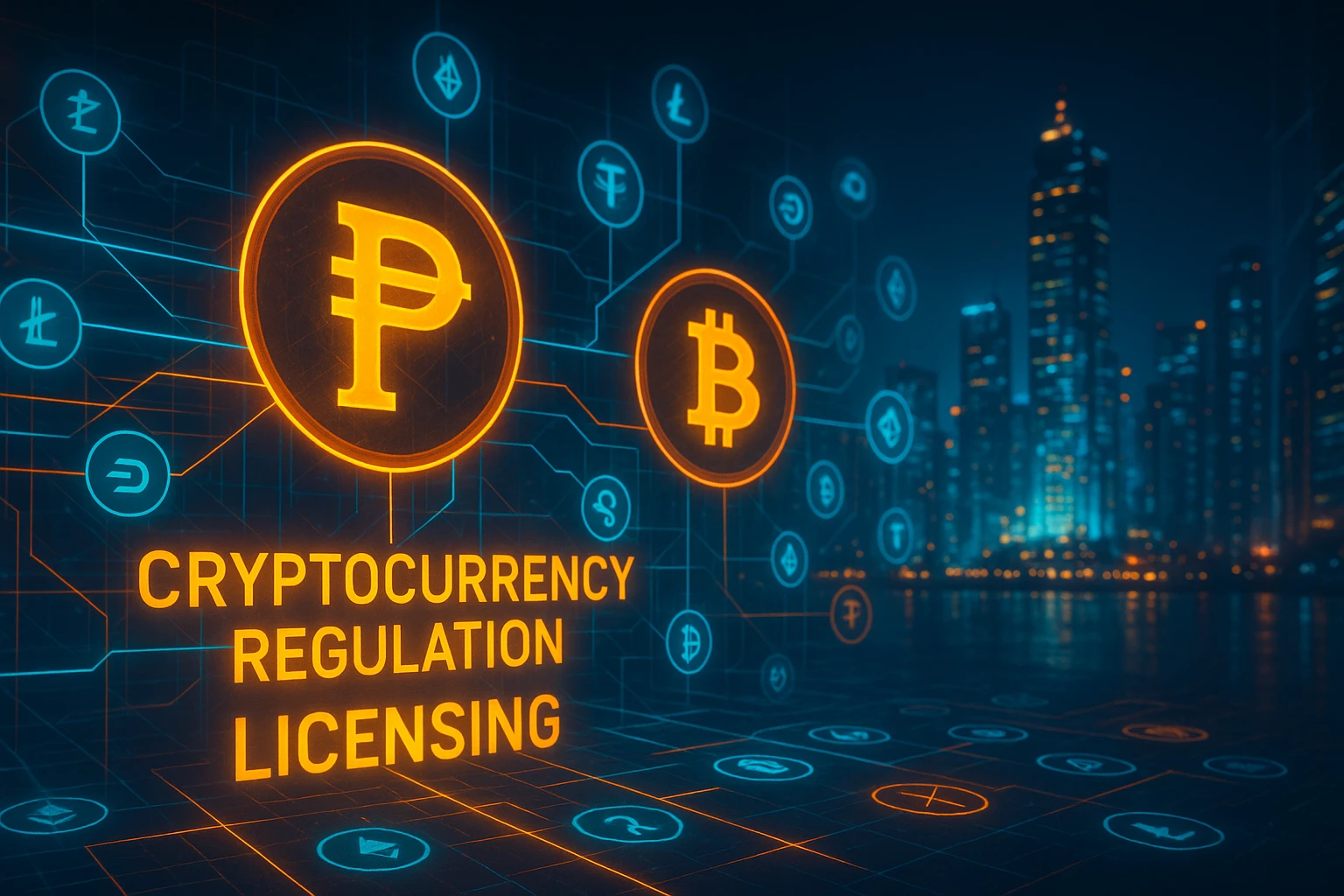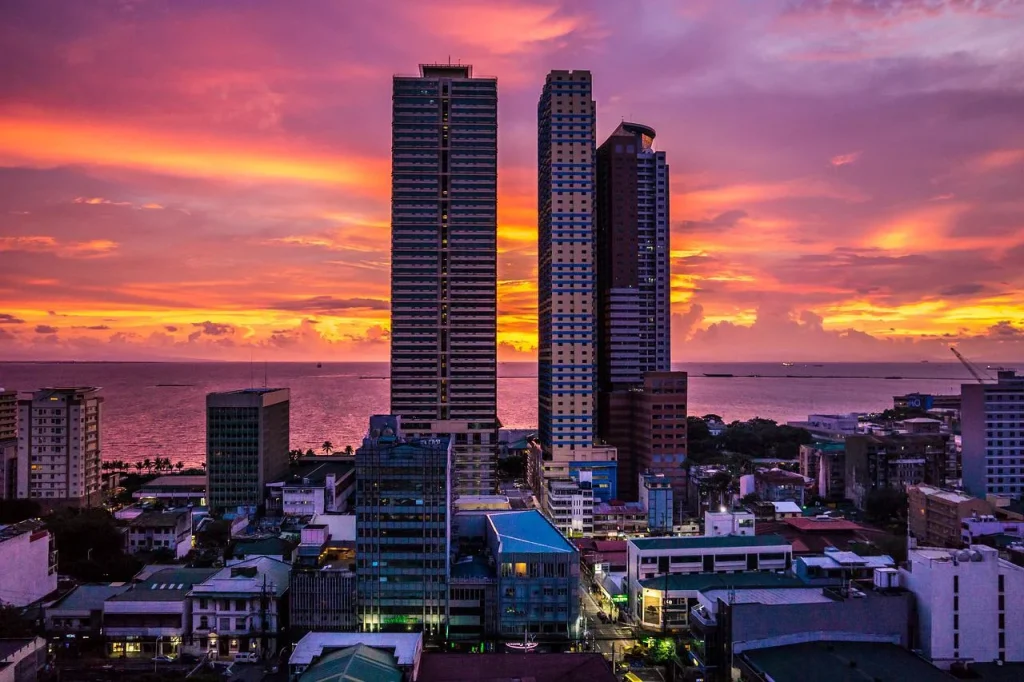The Philippines has become one of the most dynamic crypto jurisdictions in Southeast Asia. Thanks to a transparent regulatory framework and strong oversight by the Bangko Sentral ng Pilipinas (BSP), the country offers a reliable environment for launching exchanges, wallets, and virtual asset platforms. A Philippines cryptocurrency license provides businesses with credibility, market access, and legal certainty for operating in the region.

How the BSP shapes the crypto regulatory landscape
Licensing and supervision of crypto businesses are handled by the BSP, which regulates Virtual Asset Service Providers (VASPs) and Virtual Currency Exchanges (VCEs). The license grants the right to operate legally in services such as crypto trading, custodial wallets, payments, OTC brokerage, and remittances. All licensed companies must comply with AML/KYC rules, IT security standards, and reporting obligations.
Activities covered
A cryptocurrency Philippines exchange license covers a wide range of operations, including:
- Cryptocurrency exchange and fiat/crypto conversion.
- Wallet custody and management.
- OTC and brokerage services.
- Payment processing and international remittances.
- Token swaps and asset listings (subject to BSP approval).
This flexibility makes the license attractive for both startups and established providers seeking regional expansion.
Advantages of the Philippines license
Holding a Philippines crypto exchange license ensures regulatory clarity and opens access to a fast-growing market.
Key benefits include:
- Official BSP recognition – providing legal certainty and reputation.
- Broad scope of services – exchange, wallets, brokerage, and payments.
- Market growth – strong domestic demand and regional expansion opportunities.
- Banking and payment access – local bank accounts and merchant integrations.
- Affordable licensing costs – lower than in Singapore or Hong Kong.
- Flexibility – suitable for exchanges, brokers, and payment operators.
Together, these factors make the Philippines one of the most business-friendly crypto hubs in Asia.
Licensing requirements
To obtain a crypto license in the Philippines, applicants must:
- Register a domestic corporation with a physical office.
- Maintain minimum paid-up capital of PHP 50M (~USD 900,000).
- Appoint qualified directors, a compliance officer, and MLRO.
- Implement AML/KYC policies and IT security systems.
- Submit a full business plan and compliance documentation.
- Pay licensing fees and maintain operational presence.
The BSP may also require proof of IT infrastructure and cybersecurity readiness.
Taxation and reporting
Crypto businesses in the Philippines benefit from moderate operational costs. Licensing expenses and maintenance are lower than in leading Asian jurisdictions, while reporting standards remain clear. Companies must file compliance, AML, and financial reports regularly to retain authorization.
Professional support from Prifinance
Prifinance provides full legal and compliance support for obtaining a Philippines crypto license.
Our team assists with company registration, preparation of AML/KYC documentation, IT infrastructure alignment, and communication with the BSP. We ensure clients meet all requirements quickly and effectively, enabling them to scale within Southeast Asia’s booming digital asset market.
Learn more about our services: https://prifinance.com/en/cryptocurrency-license
Did you find this article helpful? Explore more insightful posts on our blog to discover tips, guides, and resources designed to make your journey even easier!







